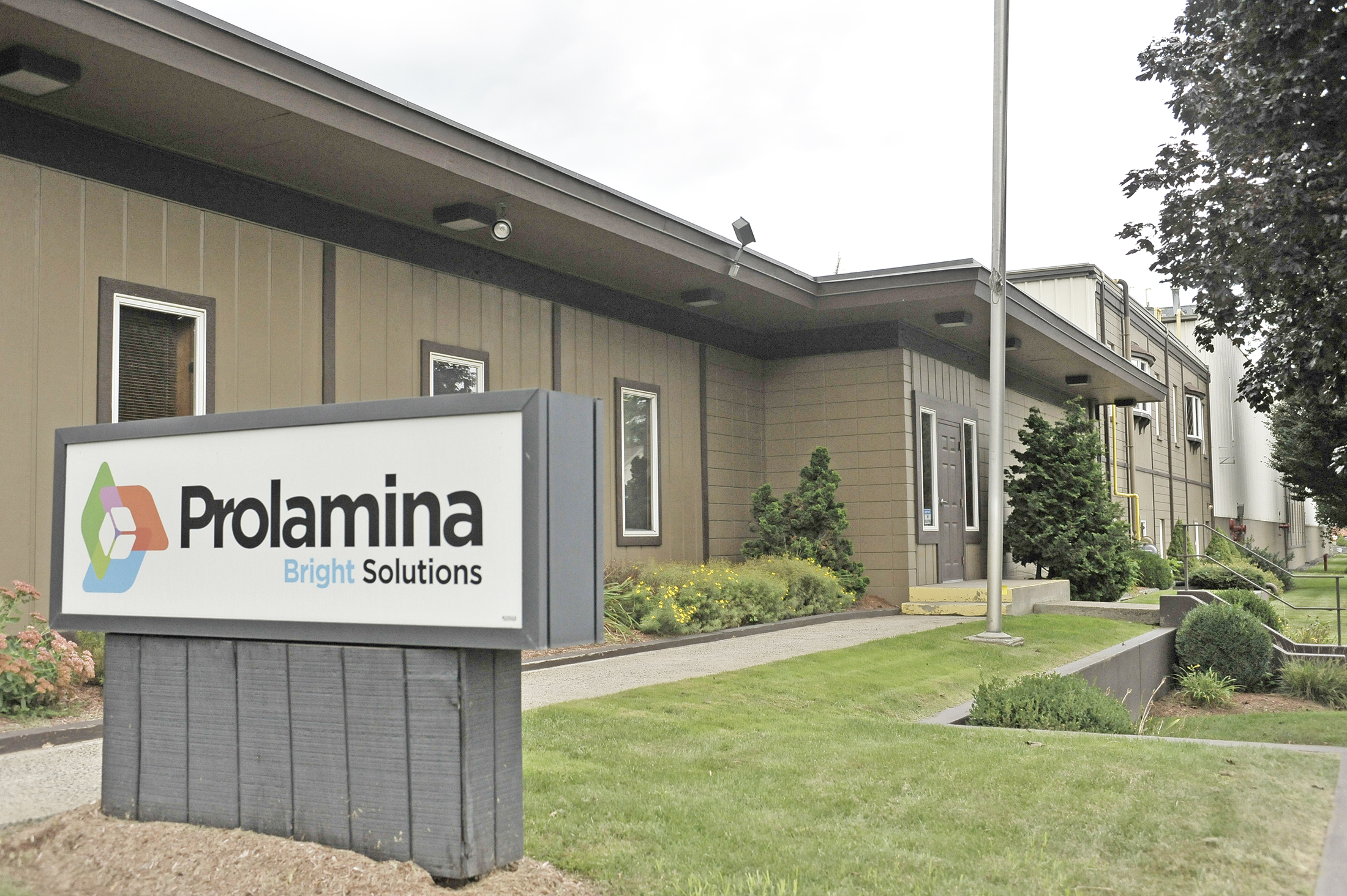WESTFIELD – The Legislative & Ordinance Committee will present a 3-0 positive recommendation to the City Council tomorrow night to approve a special tax assessment, a deal designed to cement the future of one of the city’s largest employers.
The L&O, and other City Council members discussed, and at times debated, the benefits against the backdrop of lost municipal revenue over the five-year-term of the tax reduction during a meeting with Prolamina executives.
The discussion, initiated by City Advancement Officer Joe Mitchell, focused on the structure of the Special Tax Assessment (STA) package as opposed to the Tax Incentive Financing (TIF) package more commonly used to leverage new facility construction and a process of which the City Council members are more familiar.
State economic incentive laws create both the STA and the TIF program, but with different financial mechanisms. The TIF provides tax relief for only new construction or expansion of a building while the STA provides relief for the entire plant value. Another difference is that TIFs can be in place for years, even decades, while STAs are short-term agreements.
Mitchell said that Prolamina is planning to invest nearly $7 million in its Westfield facility, with $4 million to be used to expand the plant by 8,700 square feet, renovate another 22,000 square feet, and to improve the roof and façade of the building on North Elm Street, the city’s northern gateway.
Prolamina would also invest $2.95 million in new equipment to position the company for the market. Prolamina makes products for the food and health industries. The firm would also increase its workforce by 12 jobs as part of the agreement.
“The state Department of Revenue, which administers these programs has three criterion for an STA, one that it create jobs, two that there be a significant investment, and three that at least 97 percent of sales be out of state,” Mitchell said.
The DOR also sets the minimum tax discount, 100 percent in year one, 75 percent in year two, 50 percent in year three, 25 percent in year four, and 15 percent in year five. The STA proposed by the city follows that format with the exception of year five when Prolamina would receive a 10 percent discount on its tax bill.
Mitchell said the total package is about $600,000 over the five-year term of the agreement and that the company will be forgiven $168,500 during the first year.
“We could offer a TIF, but it would drag out for years,” Mitchell said. “They want to stay in Westfield. There are safeguards of conditions they have to meet for the employment and investment standards. There are stipulations that the current employment stay at 100 percent and that the new jobs, Prolamina is proposing 12, stay at 75 percent (9 position) during the STA.
“We start to make up that (lost tax revenue) on the back end of this STA, starting in year four,” Mitchell said, adding that the investment in the building and equipment will increase Prolamina’s tax base by about 38 percent.
Prolamina Procurement Manager Corey Crossman said the 12 new jobs is a conservative number and could climb higher as new equipment, needed for certification by the food and medical industries, is installed in the plant.
Prolamina currently has 256 employees, which would increase to 268 with the new position, and a $17 million annual payroll.
“So that (payroll) money gets spent in the neighborhood,” David Hopkins, Prolamina President of U.S. Operations, said. “We run a clean company; have been a good corporate neighbor.”
Hopkins said the STA does not include the company’s Ampad Road facility which is currently used as a warehouse but could be converted to a production facility as the company continues to expand in Westfield.
“The (Elm Street) plant has to be upgraded so we can continue to prosper,” Hopkins said. “We’ve had to tighten our belt. The 256 employee number is a 10-year average, so we’ve done more with less. Everybody is feeling the squeeze.”
“I want to see Westfield grow, that Westfield be strong,” Hopkins said. “We really do invest in our community. We want to bring local talent into the business.”
Hopkins said that the plant has become a multigenerational employer with the sons and daughters, and even grandchildren of the original employees now working at the facility alongside of their relatives.


